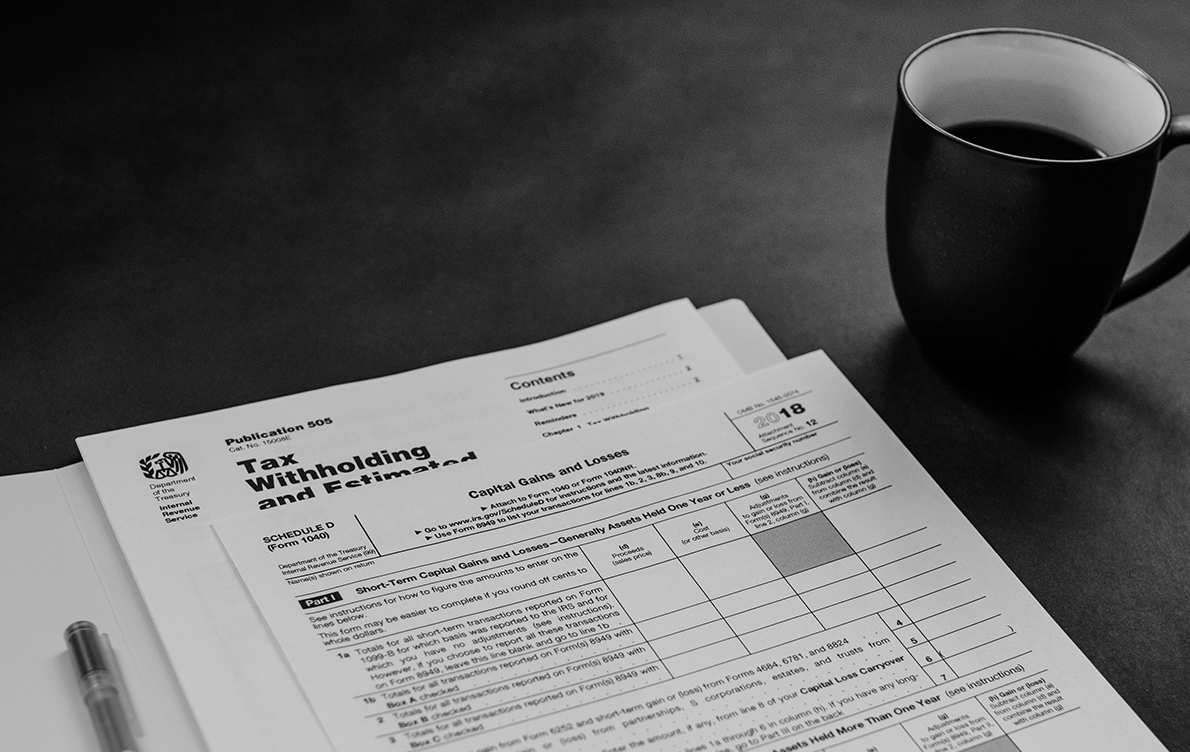New Jersey Tax Amnesty: Still time to take advantage before January 15, 2019 Deadline
The New Jersey Tax Amnesty Program applies to state tax liabilities for tax returns due on or after February 1, 2009 and prior to September 1, 2017. The program provides incentives for taxpayers who come forward and pay delinquent state tax liabilities during the amnesty period. Taxpayers who take advantage of the program are relieved from half of the otherwise applicable interest and any late payment penalty, late filing penalty, cost of collection, delinquency penalty, or recovery fee is abated. This can result in significant savings.
A taxpayer who has not filed a tax return to report the tax for which he or she is seeking amnesty must file the return by the end of the amnesty period (ie, January 15, 2019). In addition, a taxpayer’s participation in the program represents a waiver of all administrative and judicial rights of appeal concerning the payment, and no payment made under the program is eligible for refund. Taxpayers are still required to pay any civil fraud or criminal penalty arising from an obligation imposed under any state tax law. Taxpayers under criminal investigation or charge for any state tax matter at the time of payment are not eligible for the program.
It is in an eligible taxpayer’s best interest to take advantage of the program. Taxpayers who are eligible but do not take advantage of the program may be charged a post-amnesty penalty of an additional 5% of any eligible amount not paid during the amnesty period. The New Jersey Division of Taxation is not permitted to waive or abate this penalty.
In our experience, the Division of Taxation is invested in meeting revenue goals by the end of the amnesty period, and is more amenable during this period to resolving all types of tax disputes more favorably to taxpayers.
No aspect of this advertisement has been approved by the highest court in any state.
Results may vary depending on your particular facts and legal circumstances.
As the law continues to evolve on these matters, please note that this article is current as of date and time of publication and may not reflect subsequent developments. The content and interpretation of the issues addressed herein is subject to change. Cole Schotz P.C. disclaims any and all liability with respect to actions taken or not taken based on any or all of the contents of this publication to the fullest extent permitted by law. This is for general informational purposes and does not constitute legal advice or create an attorney-client relationship. Do not act or refrain from acting upon the information contained in this publication without obtaining legal, financial and tax advice. For further information, please do not hesitate to reach out to your firm contact or to any of the attorneys listed in this publication.
Join Our Mailing List
Stay up to date with the latest insights, events, and more






